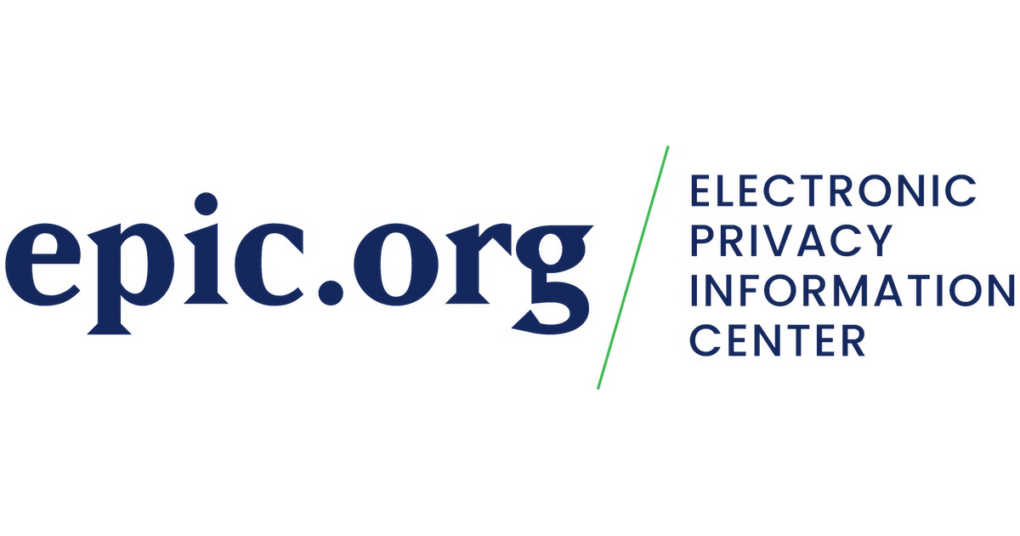
Over a lots privacy, civil rights, and civil liberties groups from across the political spectrum satisfied yesterday with Director of National Intelligence (DNI) Avril Haines and other high ranking intelligence neighborhood officials to talk about Section 702 of the Foreign Intelligence Monitoring Act (FISA 702), and linked monitoring issues such as information purchases and security pursuant to Executive Order 12333.
Following the conference, the undersigned guests (full list listed below) released the following statement:
“We value DNI Haines taking time to hear our serious worry about warrantless FISA 702 monitoring, but remain deeply distressed that the intelligence community will not dedicate to any of the meaningful reforms that are critical to safeguard Americans’ privacy.
“After years of abuse such as deliberately seeking out personal messages of activists on the left and right, a batch of 19,000 project donors, and lawmakers, it’s clear that FISA 702 and associated monitoring powers need major change. The administration and intelligence neighborhood should be willing to come to the table and accept substantial new personal privacy securities that advocates, Congress, and the American individuals are calling for. There simply isn’t a path to reauthorization developed on half-measures, window dressing, and codification of internal procedures that have actually consistently stopped working to safeguard Americans’ civil rights and civil liberties.”
As detailed in a letter provided to DNI Haines in advance of the conference, individuals see reauthorization of FISA 702 as based on a range of meaningful reforms, consisting of:
- Requiring the federal government to obtain a warrant before browsing the material of Americans’ interactions gathered under intelligence authorities;
- Developing legal safeguards for surveillance impacting Americans that is conducted under Executive Order 12333;
- Closing the information broker loophole, through which intelligence and law enforcement agencies purchase Americans’ sensitive area, web, and other information without any legal procedure;
- Bolstering judicial review in FISA-related proceedings, including by supporting the government’s responsibility to give notice when info derived from FISA is used against an individual implicated of a crime; and
- Codifying sensible limitations on the scope of intelligence surveillance.
Statement above attributable to the following organizations:
- Americans For Prosperity
- Brennan Center for Justice at NYU School of Law
- Center for Democracy & Technology
- Demand Progress
- Due Process Institute
- Electronic Info Privacy Center (IMPRESSIVE)
- FreedomWorks
- National Association of Crook Defense Lawyers
- Job for Privacy and Security Accountability
- Job on Federal Government Oversight
- Restore the 4th

